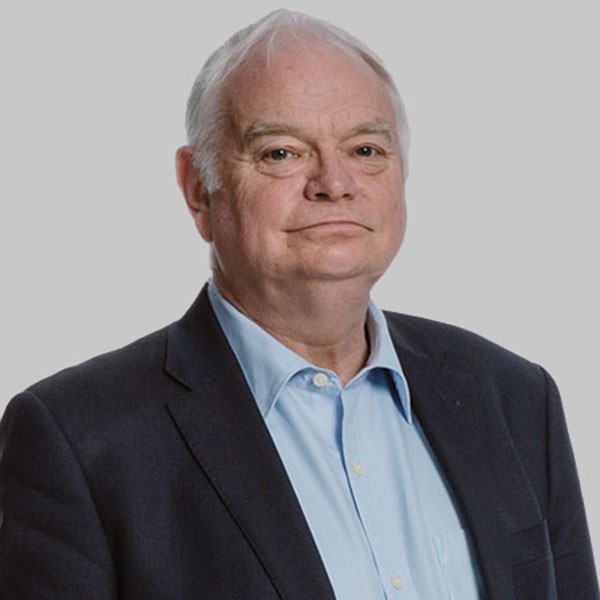
Two prolonged dramas were played out last month. Both were positively Shakespearean in their theme of how great men might come to accept that the days of being the greatest in their fields were over.
One was the President of the United States. The other was the greatest fast bowler that English cricket has ever produced. The former, Joe Biden, had been manoeuvring his way through American politics since before many of his voters were born. The latter, Jimmy Anderson, found himself bowling in what was his final Test match with players who hadn’t been born when he started his career.
Blunt farewells
Both were at the point where longevity of tenure had completely outstripped the traditional norms of similar careers. And both had to be, bluntly, told it was over: Biden by his fellow politicians, Anderson by the team selectors. Biden slipped away, his career given a final burnish. Anderson was granted a gala farewell.
It all comes down to the collision of ego and competence
The anguish of getting to the final resolution of the dilemmas played out for weeks. But much lower-key dramas around the same issues play out every week elsewhere. Anderson loved what he was doing and, to his amazement, found he could still do it at an age when everyone had long retired. Biden wasn’t prepared to admit he could no longer do it.
It all came down, as it often does, to the collision of ego and competence. And the fact that so many people genuinely don’t feel it when they are at a retirement point. Many people in sport say that they have effectively woken up one morning and realised that they just don’t want to go on. But that is a partly physical thing. The heads of companies have egos that tell them that the rest of the world are fools and that they should continue in post. Others have been intensely competitive all their lives and will continue to be so, regardless of circumstances.
In business, it is the refusal to let go that is both a huge benefit and a drag on the possibility of change
The amiable chap who cut my hair for 40 years didn’t give up until he was well into his 80s. He enjoyed his life, he danced around on his feet and had different people to talk to every half hour or so. He loved it. But physically his hands were complaining. So it all came to an end. And, joyously, ego never came into it.
Corporate vigour
It is different in corporates, and in different cultures. For many years age has been, sometimes correctly, identified as providing the wisdom of long experience, particularly in the US. The adulation of veteran investor Warren Buffett and his utterances come to mind. In the UK the assumption that relatively youthful vigour is what keeps the show running tends to prevail.
The figures that show that younger people pay little heed to reliable news sources and instead prefer fast-moving frivolity to reality reveal a very different society. But in the end, in business, it is the competitive urge and the refusal to let go that is both a huge benefit and a drag on the possibility of change.
And both occur at different points in the business cycle. Like politicians, the ideas and the vigour with which people turn them into achievements and change tend to come at the beginning of their period in power. By the time elections are due, the ideas tend to have run out.
If the person with the biggest ego isn’t going to take the decision the endgame will be violent
In business, the CEO may well be on the wane but that can simply provoke a bigger tussle as the ego fires up. In an ideal world all chiefs should have an unofficial, even imaginary, board standing ready to take them aside and force them into the long grass or the golf bunker either by blunt persuasion, as in the case of Anderson, or brutal behind-the-scenes defenestration like Biden.
If the person with the biggest ego isn’t going to take the biggest decision then the endgame will always be violent in some way. Brush up your Shakespeare.




